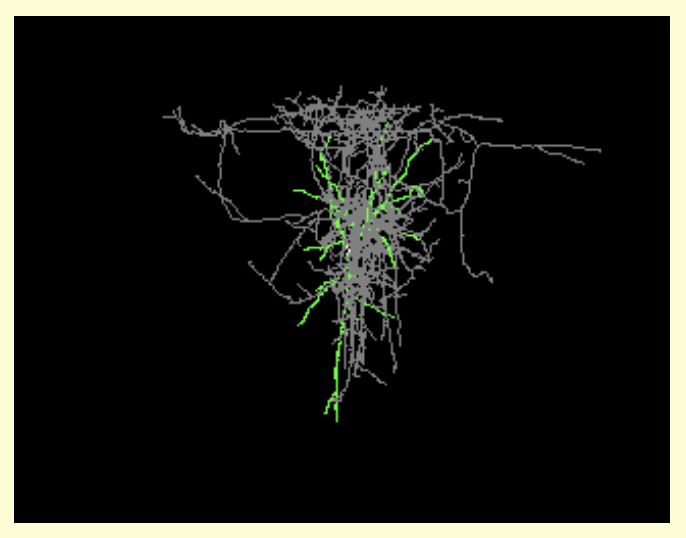URL: http://www.icpsr.umich.edu/icpsrweb/ICPSR/studies/00158
Proper Citation: Seattle Longitudinal Study (RRID:SCR_003654)
Description: Data set from an ongoing, longitudinal-sequential study of adult-cognitive development, which began in 1956, that focuses on individual differences in age-related changes and differences across cohorts. The general purpose of the study is to examine the changes in intelligence and various abilities throughout adulthood. The data provide a normative base to determine the ages of detectable decrements in ability and the magnitudes of the decrements. The study also seeks to examine patterns of generational differences and age-related differences and to determine the effects of educational intervention on intellectual decline. This study is a mixed cross-sectional, longitudinal, and time-lag design. Included are family studies of cognitive similarity, prospective studies of early signs of dementia via psychological and genetic markers, as well as the investigation of personality and demographic variables that affect cognitive change in adults from young adulthood to advanced old age. Questionnaire topics include health behavior, behavioral rigidity, family environment, Life Complexity Inventory, CES-D Depression, and cognitive and neuropsychology batteries. Group Health Cooperative of Puget Sound Medical Records and Pharmacy Records. * Dates of Study: 1956-Present * Study Features: Longitudinal * Sample Size: 6,000+
Abbreviations: SLS
Synonyms: Seattle Longitudinal Study (SLS) of Adult Cognitive Development, Seattle Longitudinal Study of Adult Cognitive Development
Resource Type: data or information resource, data set
Defining Citation: PMID:19606423
Keywords: late adult human, blood pressure, cognition, cohort study, exercise, female, leisure activity, likelihood function, linear model, male, memory, middle adult human, multivariate analysis, professional autonomy, risk factor, washington, longitudinal, psychological development, personality, demographic, cognitive ability, cognitive functioning, cognitive impairment, cognitive processes, intelligence, questionnaire, health behavior, behavioral rigidity, family environment, life complexity inventory, ces-d depression, cognitive battery, neuropsychology battery, behavior
Expand Allis listed by |
Inter-university Consortium for Political and Social Research (ICPSR) |
has parent organization |
We found {{ ctrl2.mentions.total_count }} mentions in open access literature.
We have not found any literature mentions for this resource.
We are searching literature mentions for this resource.
Most recent articles:
{{ mention._source.dc.creators[0].familyName }} {{ mention._source.dc.creators[0].initials }}, et al. ({{ mention._source.dc.publicationYear }}) {{ mention._source.dc.title }} {{ mention._source.dc.publishers[0].name }}, {{ mention._source.dc.publishers[0].volume }}({{ mention._source.dc.publishers[0].issue }}), {{ mention._source.dc.publishers[0].pagination }}. (PMID:{{ mention._id.replace('PMID:', '') }})
A list of researchers who have used the resource and an author search tool
Find mentions based on location

{{ ctrl2.mentions.errors.location }}
A list of researchers who have used the resource and an author search tool. This is available for resources that have literature mentions.
No rating or validation information has been found for Seattle Longitudinal Study.
No alerts have been found for Seattle Longitudinal Study.
Source: SciCrunch Registry





